BRI cross-border railway project helps Laos begin new phase of development
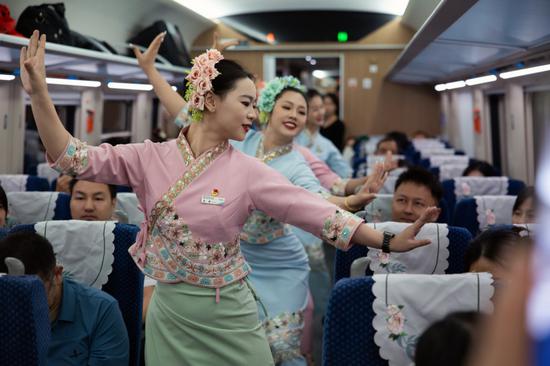
Staff members perform a dance on the inaugural train service from Xishuangbanna, Yunnan province, to Luang Prabang, Laos, on April 13. (CHINA DAILY)
As the Chinese saying goes, "Roads lead to riches."
And this is what Somxay Laolion, a Laotian driver on the China-Laos Railway, has observed over the past two-and-a-half years.
"As I drive between Vientiane and Boten (border town) every day, I can see more and more houses and factories being built along the route," said Somxay. "Every day, I can see the changes."
Somxay said his family members are happy that he works for the railway because they believe the project is important to the development of Laos, and will provide him with a better career path.
As a flagship project under the China-proposed Belt and Road Initiative, the 1,035-kilometer railway connects Kunming, the capital of Southwest China's Yunnan province, with the Laotian capital, Vientiane. It began operations in December 2021. Cross-border passenger service began in April 2023.
With a total length of 422.4 kilometers and a designed top speed of 160 kilometers per hour, the Lao section is an electrified single-track railway.
After gaining a degree in Chinese-language studies in China, Somxay saw a Laos-China Railway Co recruitment advertisement during the COVID-19 pandemic and decided to give it a try. The LCRC is a joint venture based in Vientiane and is responsible for the operation of the railway's Lao section.
With zero knowledge of railways, Somxay had to study from scratch to pass the recruitment test. Since then, he has been learning from a Chinese colleague, or "shifu" as he calls him, the hands-on skills to drive a train.
Thanks to his hard work, when the railway began operations in December 2021, Somxay was selected to deliver the launch report from the Lao side via video to Chinese President Xi Jinping and Lao President Thongloun Sisoulith.
"I was really nervous at the time because I was afraid if I said something wrong it would affect the whole launch ceremony," said Somxay. "But the pressure was eased when the train arrived at Boten."








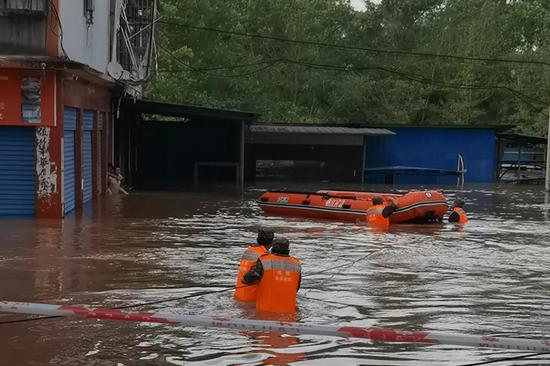
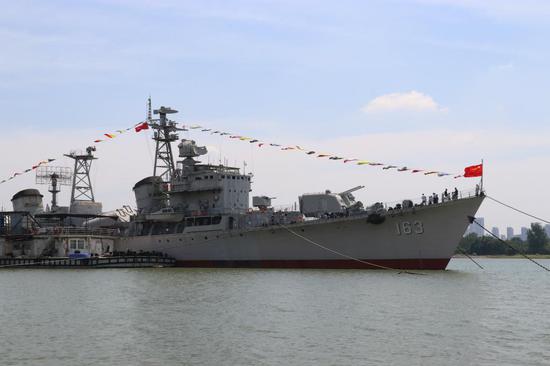



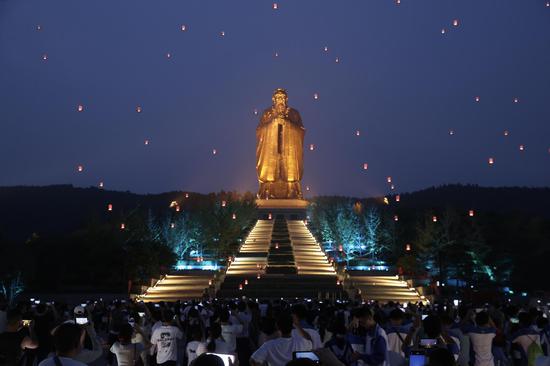
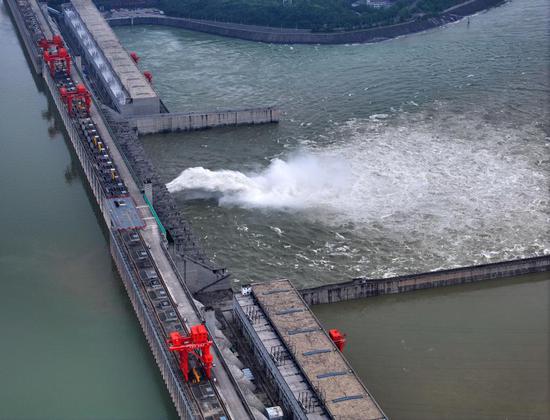
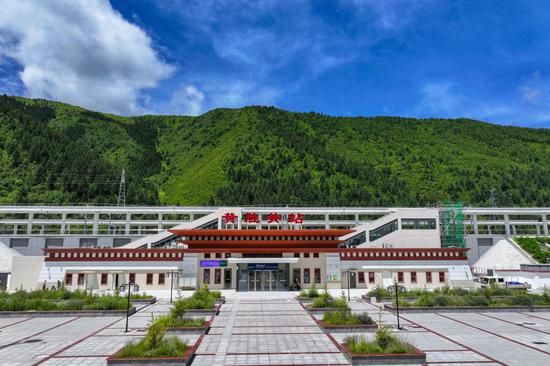
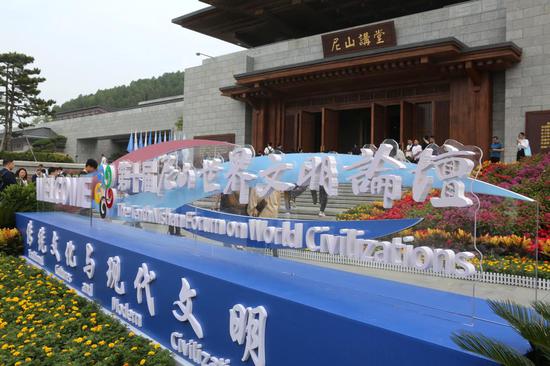









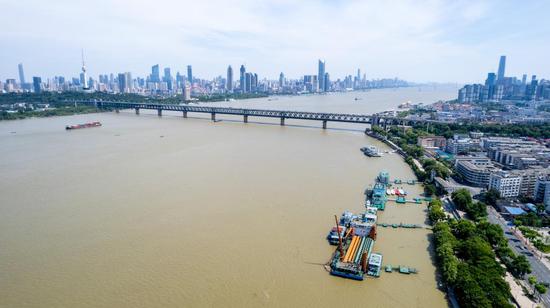
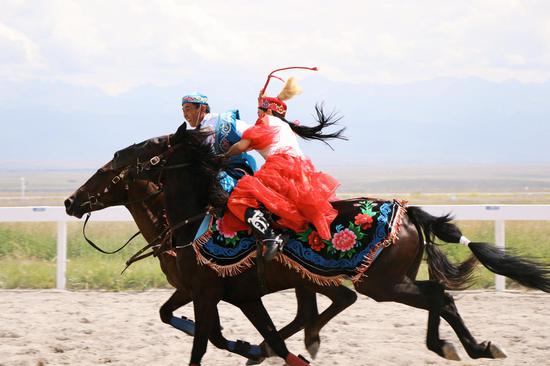
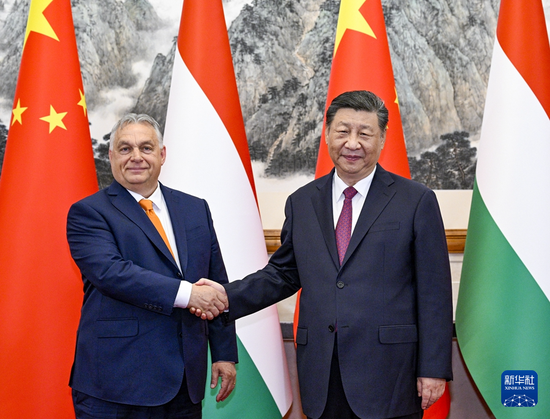

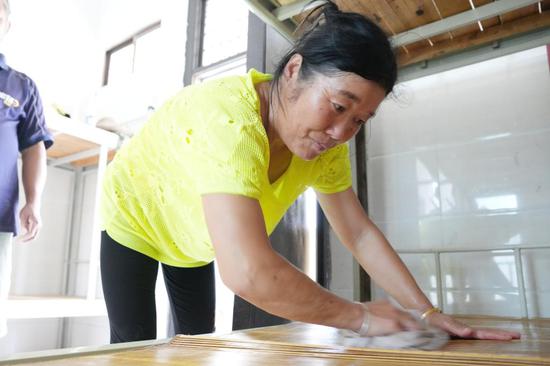
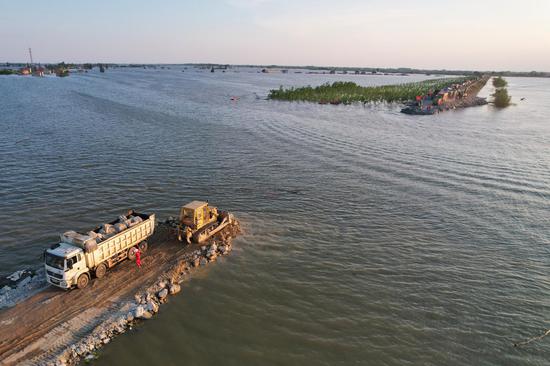
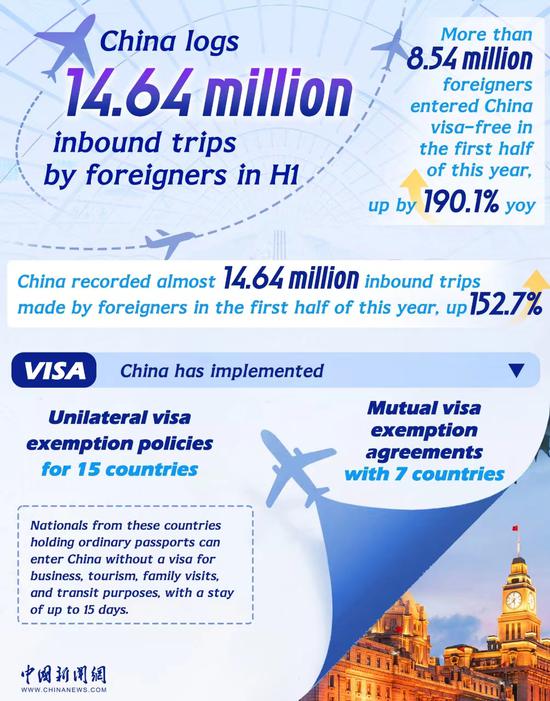
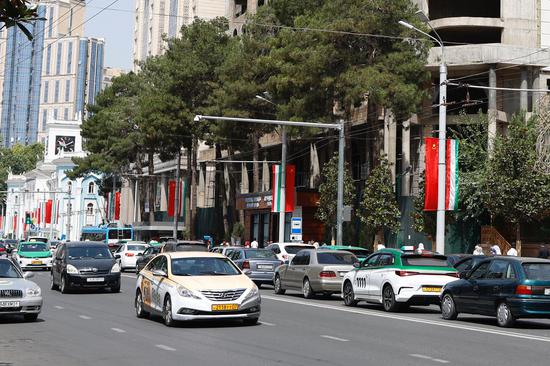
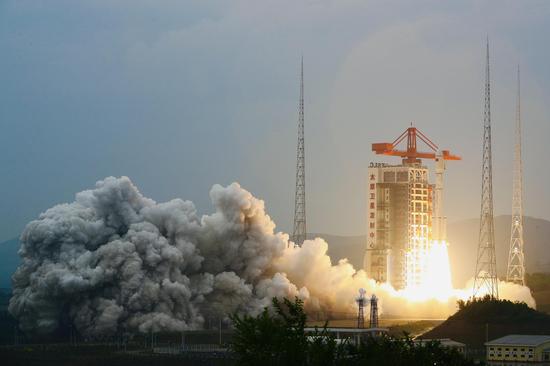
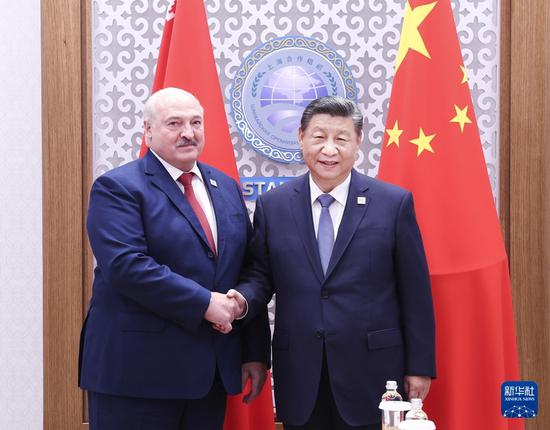
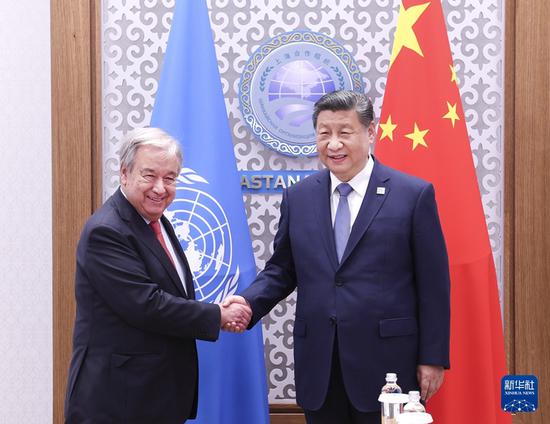
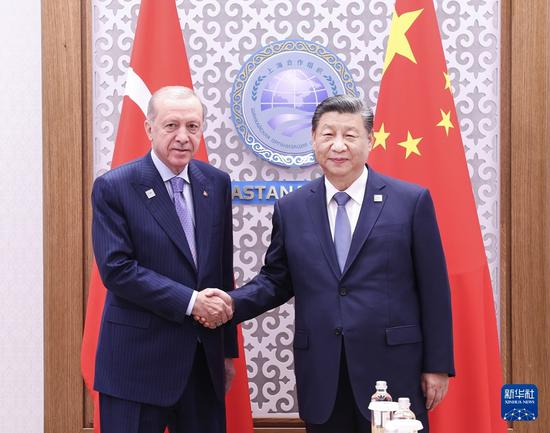
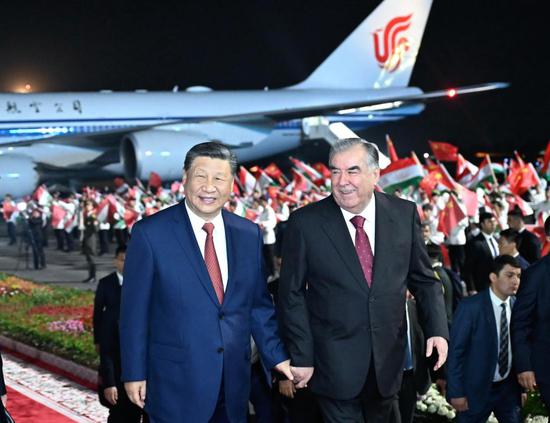

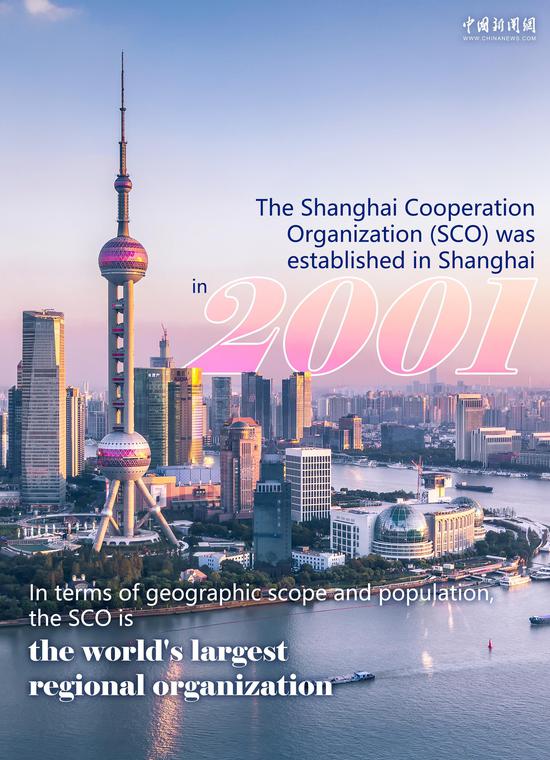

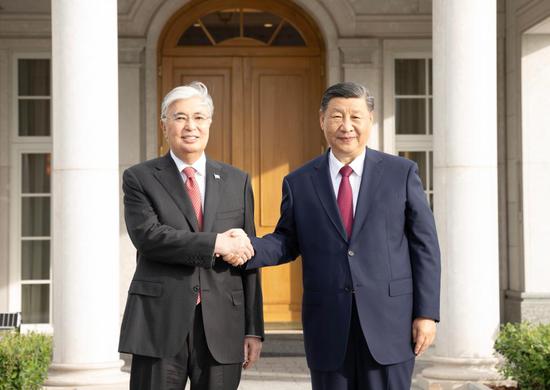
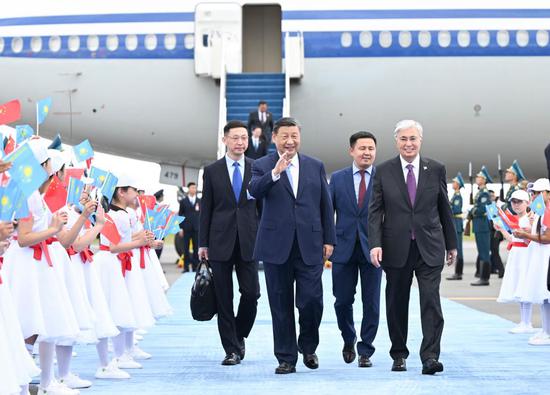
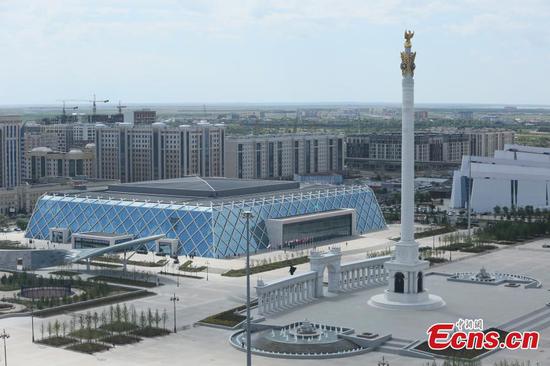



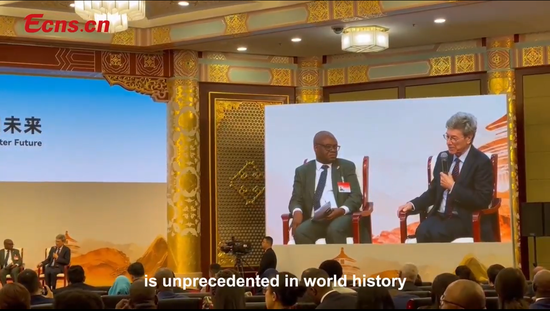

 京公网安备 11010202009201号
京公网安备 11010202009201号